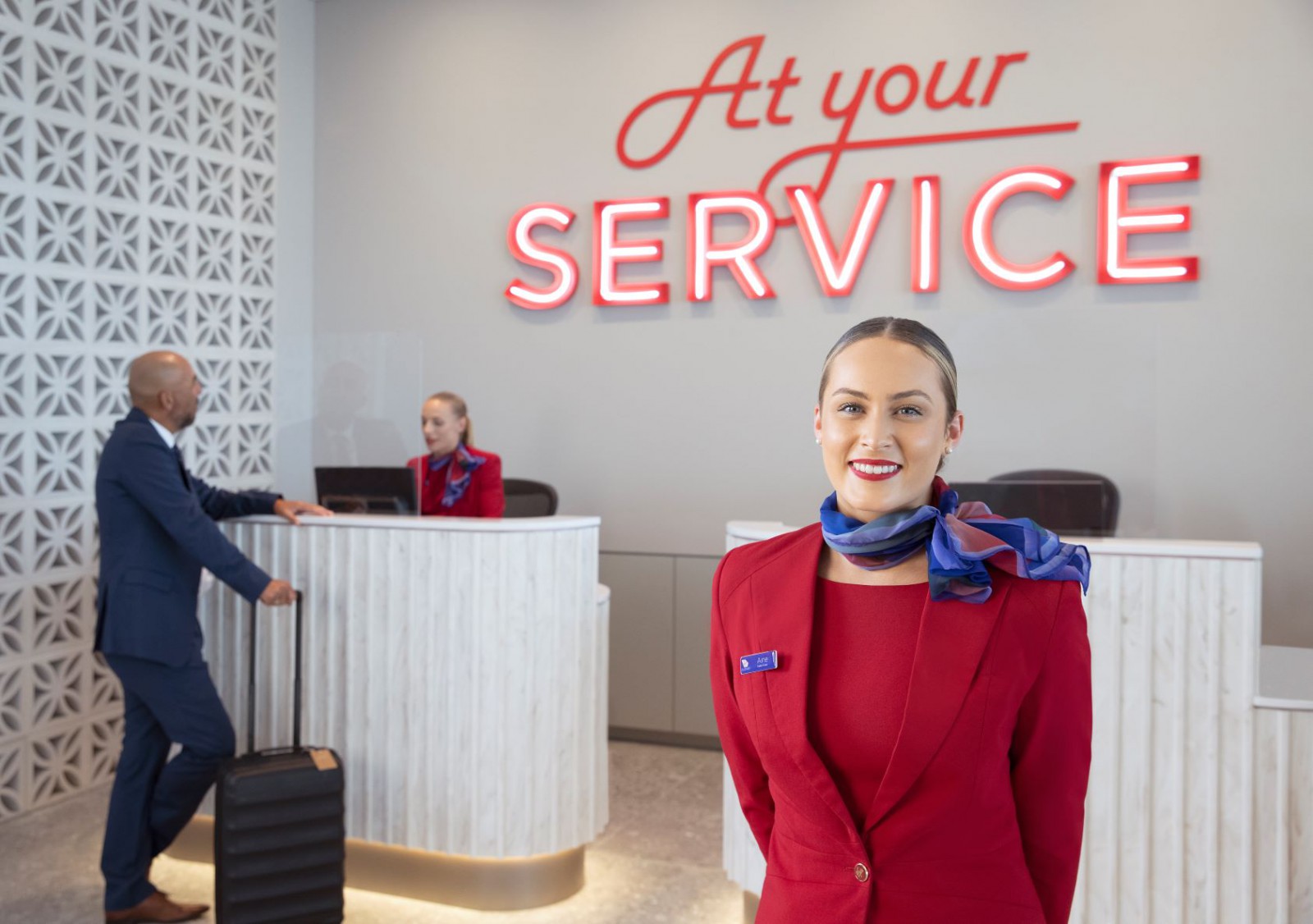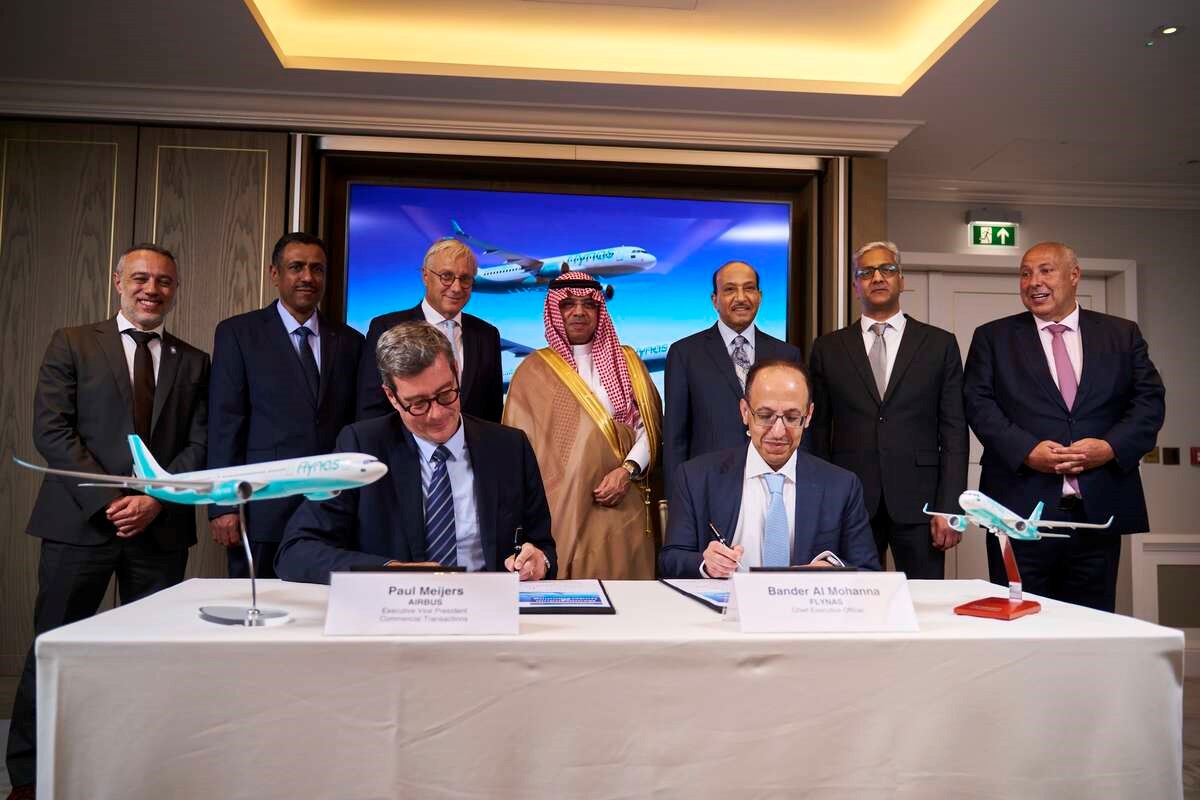Virgin Australia market share surges
17 June, 2021
3 min read
Airline News

Geoffrey Thomas
By joining our newsletter, you agree to our Privacy Policy


Increased consumer confidence, lower airfares and greater competition is driving a surge in domestic air traffic according to the ACCC’s fourth Airline Competition in Australia report with Virgin Australia a big winner.
The report, released today, shows total passenger numbers in March 2021 were 55 per cent of pre-pandemic numbers, up from 41 per cent in December 2020.
It found that Qantas Group’s share of total domestic passengers fell to 69 per cent in March 2021, down from 74 per cent in December 2020, but remains higher than its pre-pandemic share of 61 per cent.
“The Qantas Group’s high market share is due to a number of factors, including Jetstar picking up much of the price-sensitive customer segment after Tigerair withdrew, as well as Jetstar benefiting from strong demand for leisure routes,” ACCC chair Rod Sims said.
Virgin’s passenger share was up 4 points from the December quarter to 28 per cent in March 2021, while Rex has maintained its 2 per cent share.
The ACCC said that the Australian Government’s Tourism Aviation Network Support (TANS) program that was announced in March subsidised 800,000 half-price tickets to 15 destinations and helped stimulate demand for holiday travel.
While TANS only applied to certain routes, Qantas, Jetstar, Virgin and Rex ran a number of overlapping promotions at the same time to encourage more people to fly.
The ACCC said that while airline expectations may have been downgraded since the recent Victorian lockdown, the Qantas Group had previously forecast capacity would reach 95 per cent of pre-pandemic levels by June 2021, with both Qantas and Jetstar expected to exceed 100 per cent in 2021–22.
Virgin had forecast that its capacity would reach 85 per cent of pre-pandemic levels by mid-June 2021.
The ACCC noted that in response to Rex’s promotional entry airfares across the new routes, Qantas, Jetstar and Virgin have been running competitive sales that have put downward pressure on prices.
“The impact of increased competition can be seen on all of Rex’s new intercity routes, including Sydney–Melbourne where airfares fell to their lowest level in a decade following Rex’s entry,” Mr Sims said.
“Increasing capacity to meet demand and offering discounted fares is generally a sign of competition and is good for consumers.
“However, the ACCC will consider taking enforcement action if capacity and pricing decisions materially damage competition, including by preventing rivals from competing effectively, or driving a competitor off a route or out of business,” Mr Sims said.
Next Article
2 min read
Qantas triples profit but misses mark

Get the latest news and updates straight to your inbox
No spam, no hassle, no fuss, just airline news direct to you.
By joining our newsletter, you agree to our Privacy Policy
Find us on social media
Comments
No comments yet, be the first to write one.
